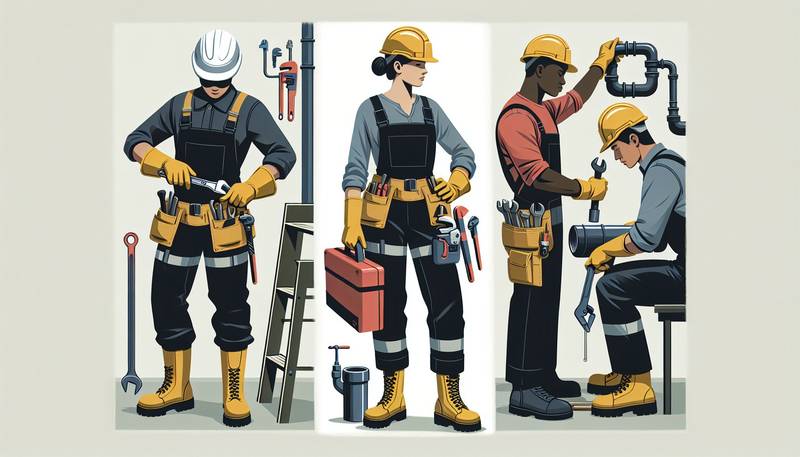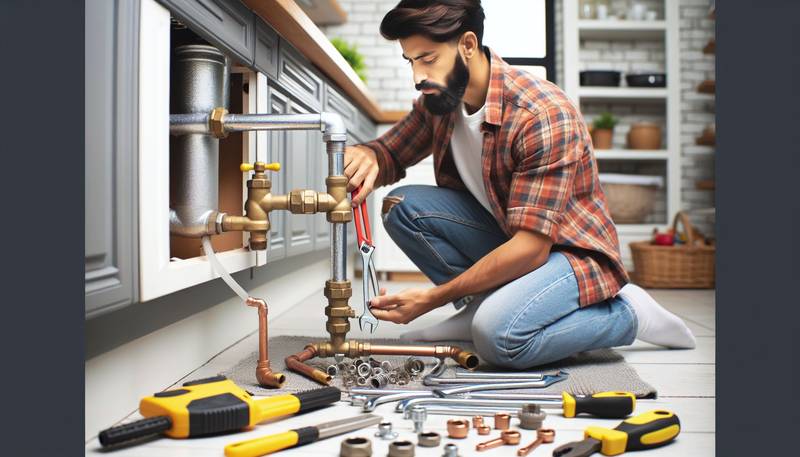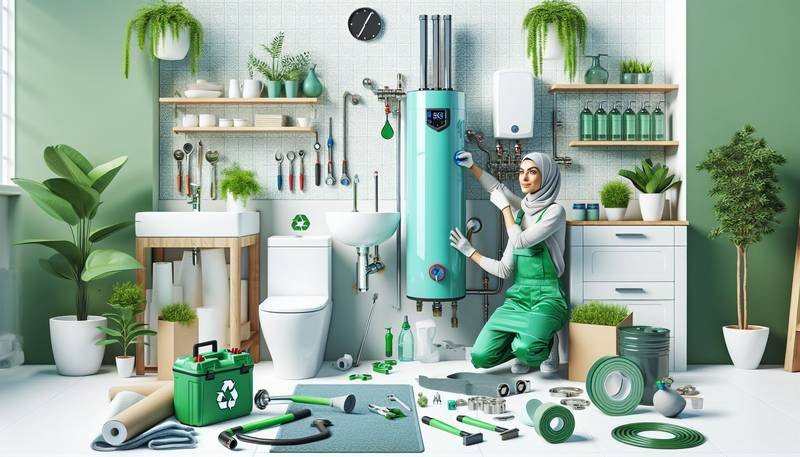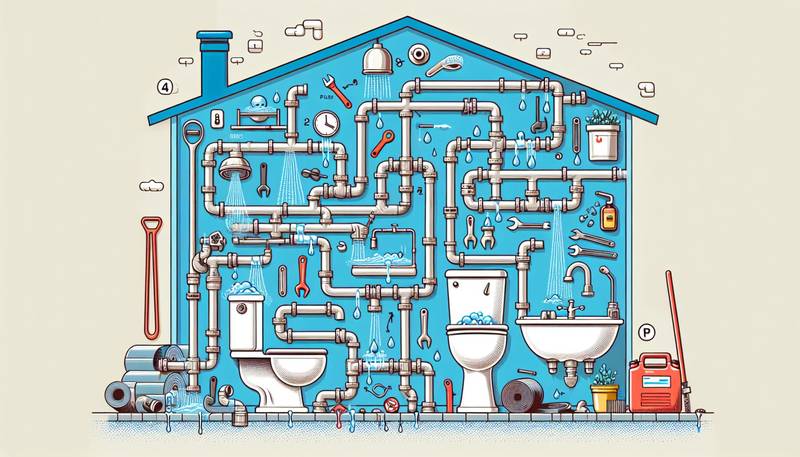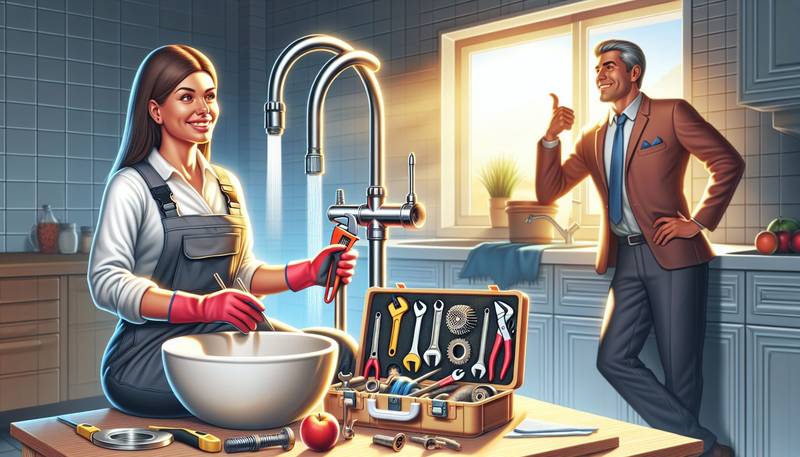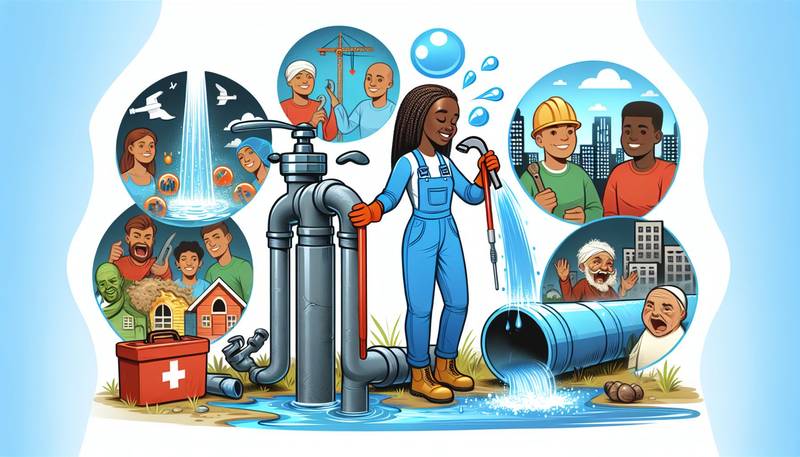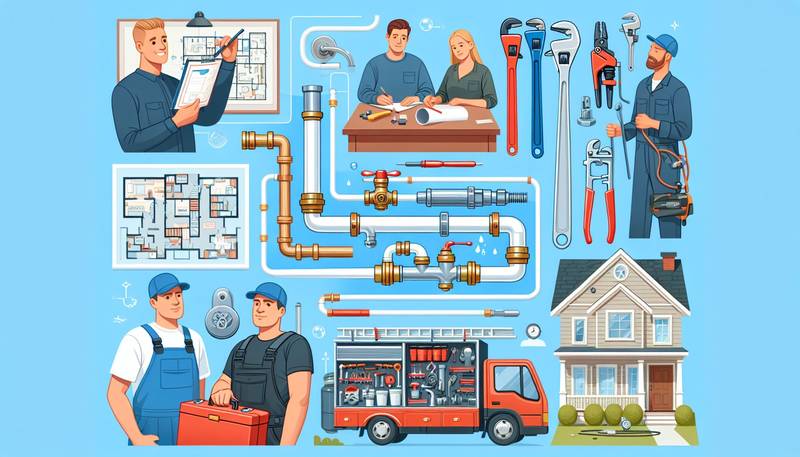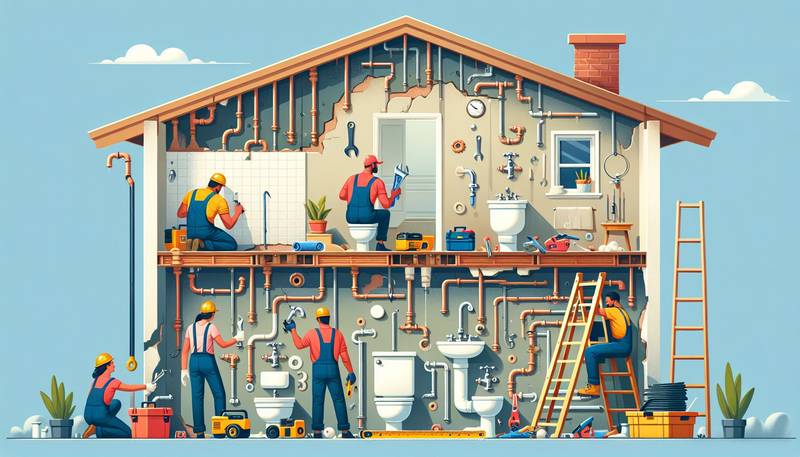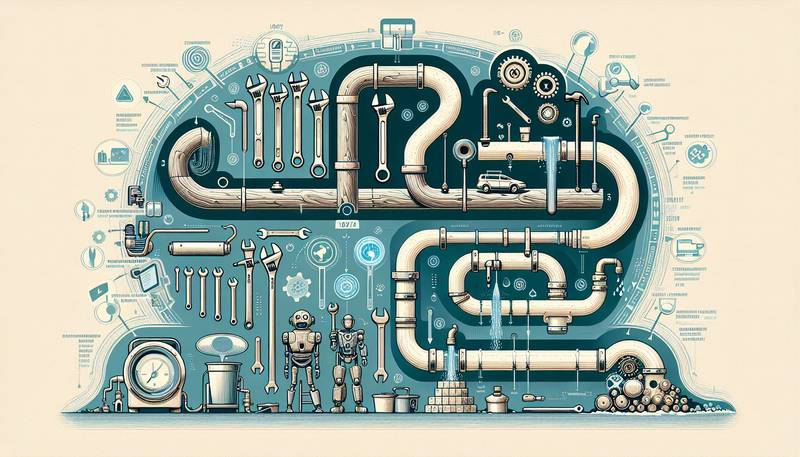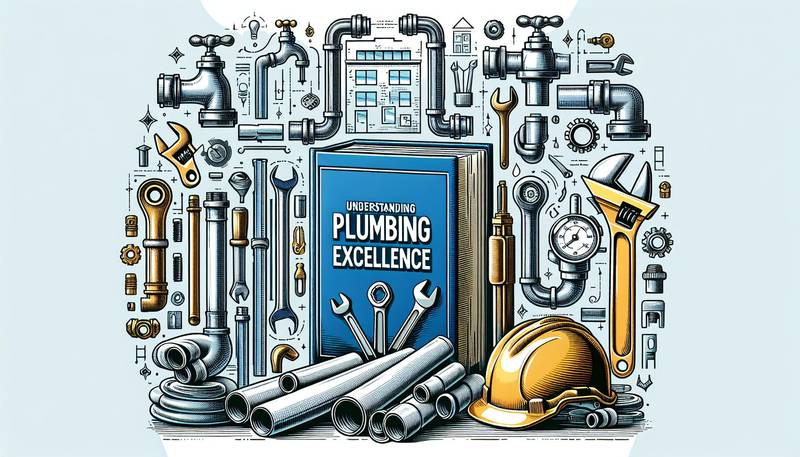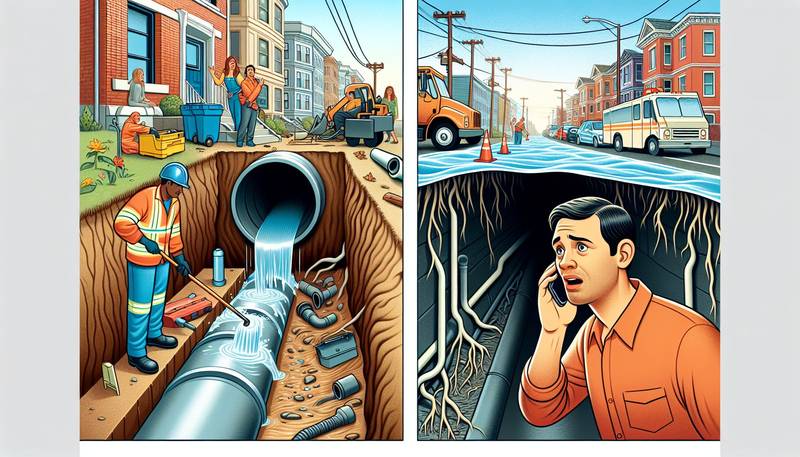The Role of Safety in Plumbing Jobs: Best Practices and Guidelines
In this article, we will explore the importance of safety in plumbing jobs and discuss some best practices to ensure the well-being of plumbers and other workers in the field.
Importance of Safety in Plumbing Jobs
Safety is a top priority in any line of work, and plumbing is no exception. Plumbers often work with hazardous materials such as chemicals, sharp tools, and hot water, making it essential to follow safety protocols to prevent accidents and injuries. Not only does prioritizing safety protect workers from harm, but it also ensures the quality of work and prevents costly mistakes that may arise from reckless practices.
Risk Assessment and Prevention
Before starting any plumbing job, it is crucial to conduct a thorough risk assessment to identify potential hazards and develop strategies to mitigate them. This includes evaluating the workspace for any existing dangers such as slippery floors, exposed electrical wires, or confined spaces that could pose a risk to workers. By taking the time to assess risks and implementing preventive measures, plumbers can significantly reduce the likelihood of accidents occurring on the job.
Proper Training and Certification
One of the most effective ways to ensure safety in plumbing jobs is to provide workers with the necessary training and certification. Proper training equips plumbers with the knowledge and skills to handle various hazards they may encounter on the job, such as working with high-pressure water systems or dealing with toxic substances. Additionally, obtaining certification demonstrates a plumber's competence and commitment to following industry safety standards.
Personal Protective Equipment (PPE)
Wearing appropriate personal protective equipment (PPE) is essential for plumbers to protect themselves from potential hazards. This includes items such as gloves, safety goggles, hard hats, and steel-toed boots, which can help prevent injuries from sharp objects, chemical exposure, or falls. By consistently wearing PPE on the job, plumbers can reduce the risk of accidents and ensure their safety while working in potentially dangerous environments.
Safe Handling of Tools and Equipment
Plumbers use a variety of tools and equipment to perform their jobs, ranging from wrenches and pliers to power saws and welding torches. Properly handling and maintaining these tools is essential to prevent accidents and injuries on the job. This includes inspecting tools for defects before use, using them for their intended purposes, and storing them securely when not in use. By following best practices for tool safety, plumbers can work more efficiently and reduce the risk of workplace incidents.
Adherence to Building Codes and Regulations
In the field of plumbing, adhering to building codes and regulations is critical for ensuring the safety and integrity of plumbing systems. Building codes are established standards that dictate how plumbing systems should be designed, installed, and maintained to protect public health and safety. By following these codes and regulations, plumbers can guarantee that their work meets industry standards and is safe for use by building occupants.
Conclusion
Safety is a fundamental aspect of plumbing jobs that should not be overlooked or taken lightly. By prioritizing safety in their work practices, plumbers can protect themselves and others from harm, prevent accidents and injuries, and uphold the quality and integrity of their work. By following best practices and guidelines for safety in plumbing jobs, workers can ensure a safe and productive work environment for themselves and their clients.
